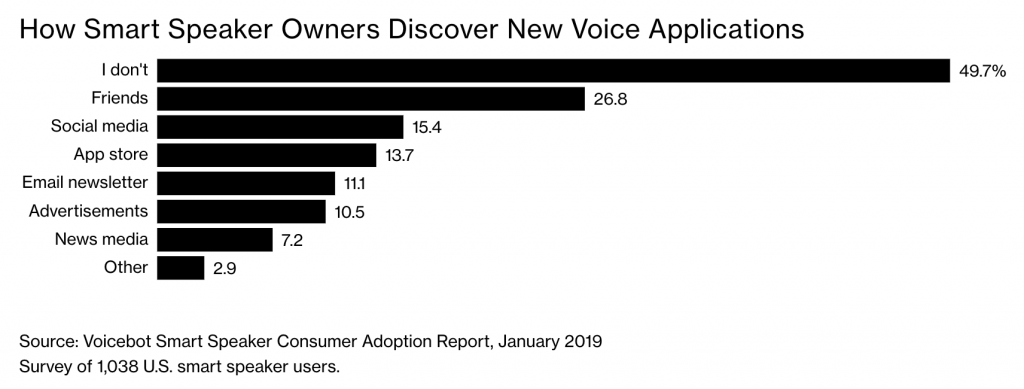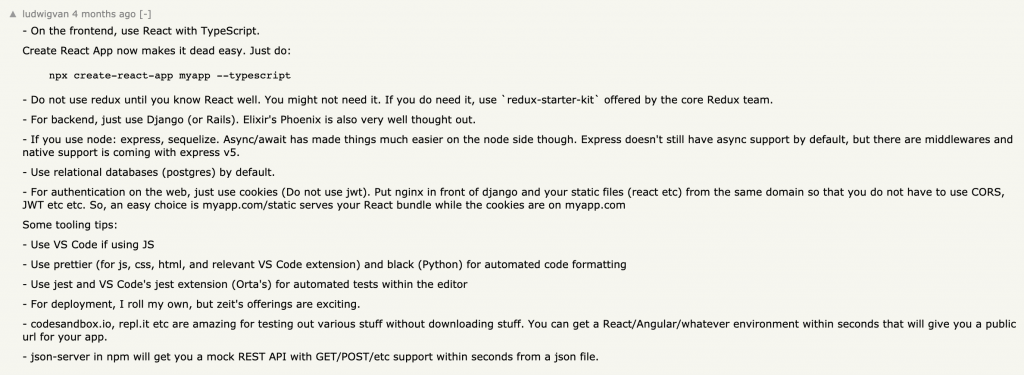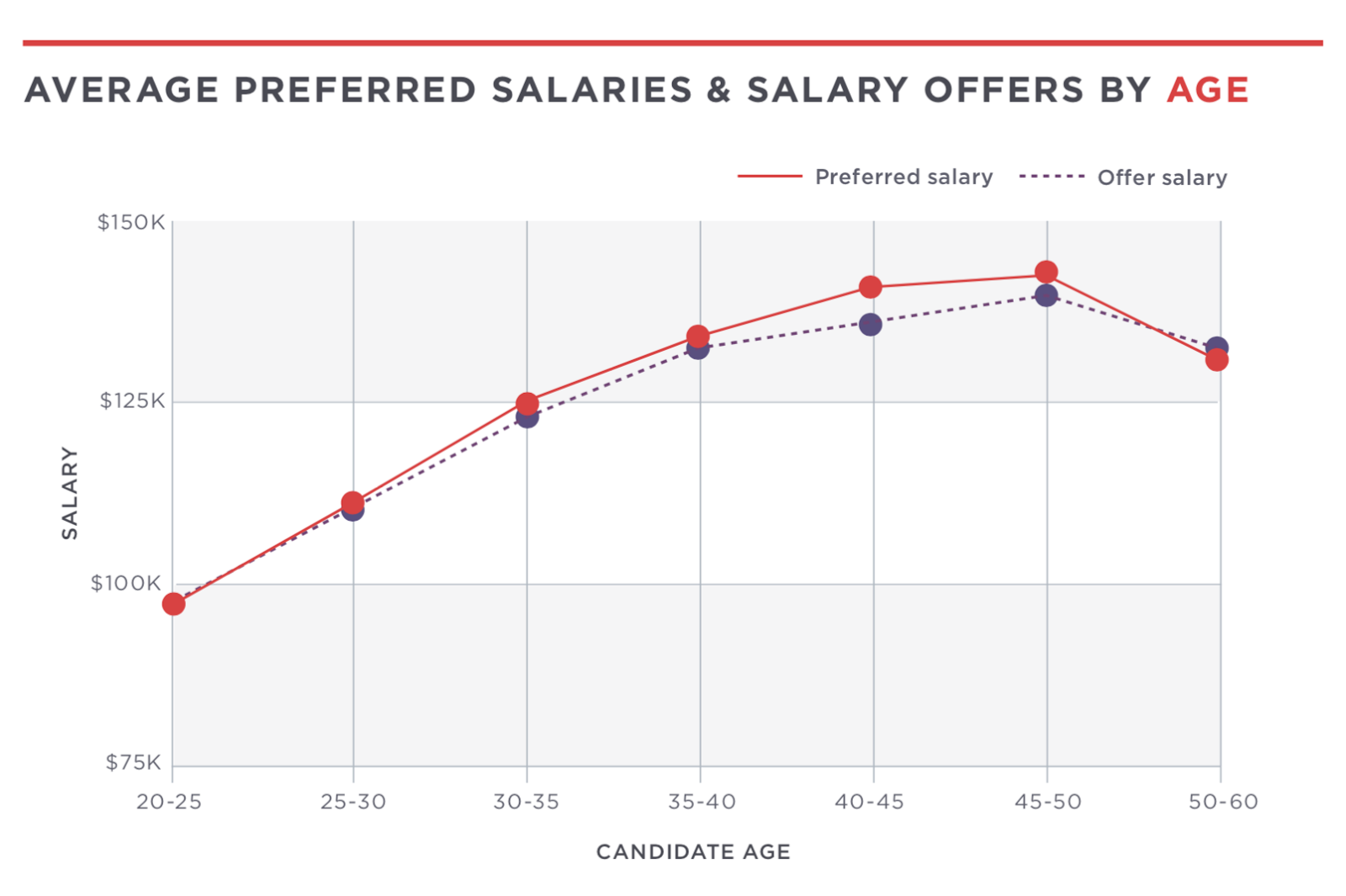[avatar user=”malm” size=”small” align=”left” link=”file” /]
“Status is what gives a Jedi his power. It’s an energy field created by all living things. It surrounds us and penetrates us. It binds the galaxy together.” – Obi-Wan Kenobi
Status as a Service
Eugene Wei in this fascinating long read starts with two principles which he uses to explore in depth how social media companies have exploited technological enablers to become some of the fastest-growing organisations in world history:
- People are status-seeking monkeys
People seek out the most efficient path to maximizing social capital
From those simple tenets it becomes possible to understand why these platforms have become so addictive and indispensable to the daily life of millions providing “Status as a Service”:
Social media may not be literally real-time in its feedback, but it’s close enough, and the scope of reach is magnitudes of order beyond that of any social performance arena in history. We have a generation now that has been trained through hundreds of thousands, perhaps millions of social media reps on what engages people on which platforms. In our own way, we are all Buzzfeed. We are all Kardashians.
Also why the relevance of such propositions is so youth skewed:
While we’re all status-seeking monkeys, young people tend to be the tip of the spear when it comes to catapulting new Status as a Service businesses, and may always will be. … Older people tend to have built up more stores of social capital. A job title, a spouse, maybe children, often a house or some piece of real estate, maybe a car, furniture that doesn’t require you to assemble it on your own, a curriculum vitae, one or more college degrees, and so on. … Young people are generally social capital poor unless they’ve lucked into a fat inheritance. They have no job title, they may not have finished college, they own few assets like homes and cars, and often if they’ve finished college they’re saddled with substantial school debt. For them, the fastest and most efficient path to gaining social capital, while they wait to level up enough to win at more grown-up games like office politics, is to ply their trade on social media (or video games, but that’s a topic for another day).
And why olds don’t get it and aren’t invested in doing so:
perhaps old dogs don’t learn new tricks because they are closer to death, and the period to earn a positive return on that investment is shorter. At some point, it’s not worth learning any new tricks at all, and we all turn into the brusque old lady in every TV show, e.g. Maggie Smith in Downton Abbey, dropping withering quips about the follies of humanity all about us. I look forward to this period of my life when, through the unavoidable spectre of mortality, I will naturally settle into my DGAF phase of courageous truth-telling.

Even so, the likes of Facebook are still arguably bad for you whether you’re young or not. The makers of such propositions ought to be subject to a tech Hippocratic oath of responsibility:
At its WWDC, Apple bragged that 7.4 Trillion push notifications were sent through their servers in 2013. All of these notifications result in young folk like me looking at their phones upwards of 80 times per day. … Cigarettes and lotteries and Clash of Clans have taught us that humans are prone to powerful habit loops that make their lives measurably worse, so why do we assume that people will only use our products if it’s useful to them?
They won’t. It’s on us as creators to make sure we hold ourselves to do no harm.
Artificial Intelligence
Music is seen by many by many as the pinnacle of human culture, one of the last redoubts against AI. However, perhaps even that may fall to the machines judging by the progress being made by the likes of Popgun and other AI music startups:
The quality of A.I. music is improving in leaps and bounds as the technology becomes more sophisticated. In January 2017, Australian A.I.-music startup Popgun could listen to a human playing piano and respond with a melody that could come next; by July 2018, it could compose and play piano, bass, and drums together as a backing track for a human’s vocals.
Personalised music composition could be the killer proposition:
The future could be about not just music composed by an A.I., but music being composed just for you — based on data about your musical preferences, your physical habits, even the beat of your heart.
Check out what AI music hath wrought for yourself:
This FreeCodeCamp intro to collaborative filtering explains how it “works on a fundamental principle: you are likely to like what someone similar to you likes” applied across a set of content using matrices in a similar fashion the bag-of-words model. The “cold start” problem can be addressed by asking a user for their initial preferences.
Stuart Dredge’s 2018 post on Medium asking whether he should give is children a smart speaker popped up on the radar following on from the last newsletter on the perfect answer. Which in this case is no. Alexa increasingly feels like an industry-sized solution in search of a problem. 80k apps over four years with no runaway hit and one huge discovery problem:
Cloud
The latest RightScale report suggests that Microsoft’s Azure is seriously catching up with AWS in terms of adoption largely driven by big company deployment as part of a multi-cloud strategy:
One area where AWS retains a critical lead is Serverless or Function as a Service (FaaS) support as illustrated by this academic comparison of FaaS orchestration propositions.
Software Engineering
Great responses on a Hacker News request for the go-to modern web development stack. There’s not a lot wrong with the first response from web technologies to tooling choices like opinionated code reformatters:
If you’re just starting out, you need a more modest set of technologies to begin with. Here’s a good post learning web programming using a variety of online resources from Codepen and Codecademy to CodeWars.
Handy Real Python demystifier on Pyinstaller and how to use it to build executable outputs for different targets subject to limitations – Python is not Go after all:
PyInstaller supports making executables for Windows, Linux, and macOS, but it cannot cross compile. Therefore, you cannot make an executable targeting one Operating System from another Operating System. So, to distribute executables for multiple types of OS, you’ll need a build machine for each supported OS.

And a glimpse of what lies beneath:
from mylibrary import * pic.twitter.com/UmPCt0zfZj
— Real Python (@realpython) February 8, 2019
Good guided walk-through how to make a Kano Code creation:
The progress of old coders into management or obsolescence is a theme that’s been covered in the past in this blog notably at length four years ago with the comparison with the Carrousel ceremony in Logan’s Run. This post underscores the view that old coders become managers and their earning potential peaks at 50:
Science
Where are all the aliens? Maybe the answer to the Fermi Paradox is that they are struggling and hustling, dodging climate emergencies and other existential risks, just like us:
Sweeping across the Milky Way and establishing a unified galactic empire might be inevitable for a monolithic super-civilization, but most cultures are neither monolithic nor super—at least if our experience is any guide. Spaceships break down. Overactive stars roast otherwise desirable targets. Economic crises and government shutdowns kill nascent starships before they get off the ground.
Why a quantum experiment to measure the polarisation of entangled photons suggests that objective reality doesn’t exist. Is that any consolation in these times?
The Precariat
This excoriating examination of homelessness in LA is hard to forget and paints a horrifying image of the disastrous impact of having thousands of people out on the streets. As the city of angels has part of a multi-decade arc of “managed obsolescence“:
In Los Angeles, the cumulative consequences of decades of policy failures going back at least to the deinstitutionalization of the 1970s have settled like sediment at the bottom of an increasingly gilded city above. Homelessness hasn’t gotten worse in spite of LA’s wealth but because of it. A city where working families can’t afford to live has fewer of them—and the web of social connections they form—to catch people as they fall into desperate circumstances and patterns of self-destruction. Without family and community, all that’s left for some are the jails and shelters of the state, or the tent cities granted all the freedom of leper colonies.
The situation in LA is replicated across all major Western cities with inequality rising and a squeezed middle, the rich and poor are increasingly separated from each others lives in a neo-feudal era:
Cities like New York, Paris, San Francisco, London, and Los Angeles form an archipelago. They are islands, linked to each other across oceans, but disconnected from the parts of their society where they have exiled the remaining middle class.
Gig jobs are woven into the tapestry of precariat life. Kris Marv, the Amazon Flex driver profiled in this piece doesn’t see precariousness as part of his identity but recognises that plenty doing what he does do:
I don’t do this because I have to, I do this because I want to. There are some people that do this because they have to, because they can’t make ends meet. I’m not one of those people and can’t really speak for those people.



